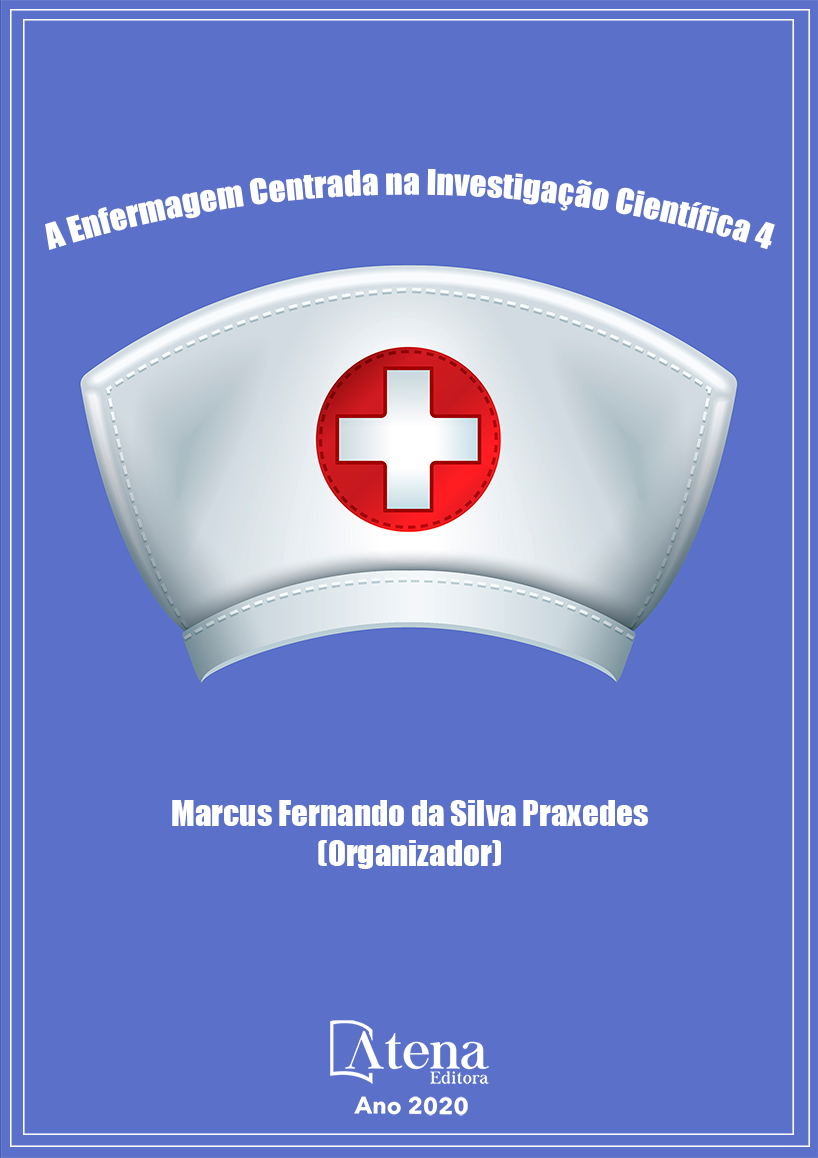
O FAZER DO ENFERMEIRO NA ESTRATÉGIA SAÚDE DA FAMÍLIA: PERCEPÇÕES DE ACADÊMICOS EM VIVÊNCIAS PRÁTICAS
A Estratégia Saúde da Família (ESF) é uma das principais estratégias, propostas pelo Ministério da Saúde do Brasil, para reorientar o modelo assistencial do Sistema Único de Saúde (SUS), a partir da Atenção Básica. O papel do enfermeiro na ESF é garantir total apoio as famílias, tendo como suas principais atribuições, realizar o cuidado da saúde da população adscrita; realizar ações de atenção a saúde conforme a necessidade de saúde da população local; fazer a busca ativa e notificar doenças e agravos de notificação compulsória, e garantir a qualidade do registro das atividades nos sistemas de informação na Atenção Básica. Além disso, executar ações nas áreas de atenção à criança, ao adolescente, à mulher, ao trabalhador e ao idoso. Durante o desenvolvimento de vivencias práticas, indagamos o quão complexo é o processo de trabalho do enfermeiro na ESF, considerando que este atua como principal coordenador do cuidado prestado aos usuários, estando envolto em diversas atividades e responsabilidades. Deste modo, buscamos relatar a percepção de acadêmicos de Enfermagem sobre o fazer do enfermeiro na ESF, a partir da experiência em vivências práticas. Percebeu-se que o fazer do Enfermeiro é de extrema importância para o fortalecimento da assistência na ESF, que deve ter como foco principal levar aos usuários ações de promoção da ação e prevenção de agravos, para além das ações de assistência tradicionais com vistas à cura e reabilitação.
O FAZER DO ENFERMEIRO NA ESTRATÉGIA SAÚDE DA FAMÍLIA: PERCEPÇÕES DE ACADÊMICOS EM VIVÊNCIAS PRÁTICAS
-
DOI: 10.22533/at.ed.0052024077
-
Palavras-chave: Estratégia Saúde da Família. Enfermagem
-
Keywords: Family health strategy; Nursing
-
Abstract:
The Family Health Strategy (ESF) is one of the main strategies proposed by the Brazilian Ministry of Health to reorient the care model of the Unified Health System (SUS), based on Basic Care. The role of the nurse in the ESF is to guarantee full support to the families, having as their main attributions, to perform the health care of the attached population; Perform actions of health care according to the health needs of the local population; Make an active search and notify diseases and diseases of compulsory notification, and ensure the quality of registration of activities in information systems in Primary Care. In addition, to perform actions in the areas of attention to the child, the adolescent, the woman, the worker and the elderly. During the development of practical experiences, we ask how complex the work process of the nurse in the FHT is, considering that it acts as the main coordinator of the care provided to the users, being involved in diverse activities and responsibilities. In this way, we seek to report the perception of Nursing students about the nurses' role in the FHT, based on their experience in practical experiences. It was perceived that the nurse's role is extremely important for the strengthening of care in the FHT, which should have as its main focus to take actions to promote action and prevention of injuries, in addition to traditional care actions aimed at healing And rehabilitation.
-
Número de páginas: 8
- Daniel de Aguiar Rodrigues
- Osmar Arruda da Ponte Neto
- Francisco das Chagas Costa
- Maria Vanessa Azevedo da Silva
- Maria Jandeline do Nascimento Silva
- Francisco Danilo Rodrigues
- Carmem Nyvia de Macedo Nunes
- Francisco Kermerson de Paula Santos


